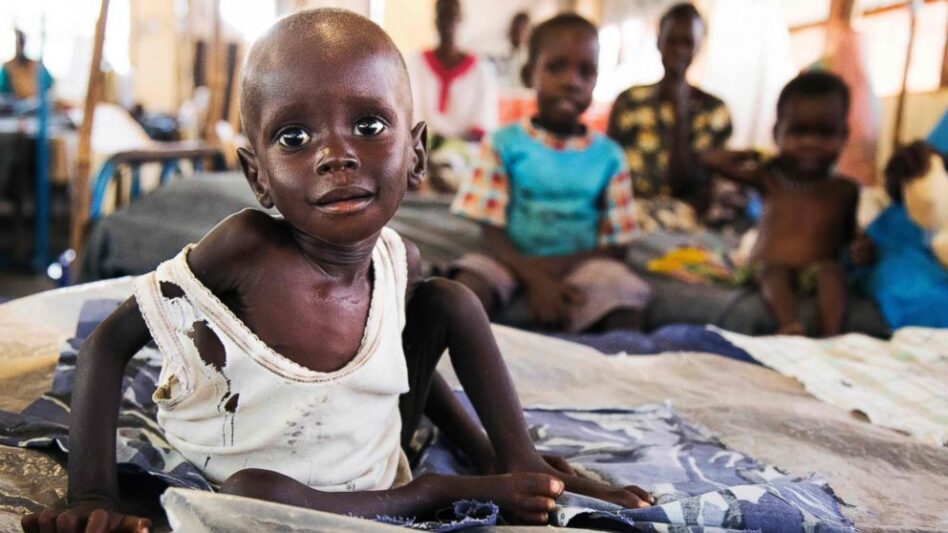TERRORIST acts in the UK, France and Belgium have demonstrated that traditional approaches for rehabilitating and de-radicalising terrorists, militants, and extremists are no longer effective. Usman Khan and Sudesh Amman, for example, totally subscribe to the erroneous ideology and, in reality, had refused to reform.
These hard-core, extremist individuals, in my opinion, are immune to rehabilitation and reform. There are no comprehensive rehabilitation programmes available to completely transform such people. This harsh reality must be accepted by security and intelligence services.
As a result, there is no definitive anti-terrorist solution. Terrorists are evolving and finding new means to conduct acts of violence, therefore intelligence and security personnel must be vigilant and proactive in their response.
One extreme approach is to establish a designated gathering location for hardcore followers, sympathisers and terrorists where they can be completely watched. They must also be secluded from general society, with family members having limited access or interaction. They must also be examined by third-party experts. Authorities should not consider releasing these individuals into society unless significant progress has been made with them. This may appear to be cruel and in violation of a person’s fundamental rights, but the peace and security of a nation should take precedence.
Artificial intelligence (AI) is another counter-terrorism strategy that can be useful. Terrorists are adept at using the internet, particularly social media, to broadcast propaganda for recruiting and financing. As a result, intelligence services can create and employ AI to detect, monitor and fight such actions. AI can also be used to track down members of sleeper cells who may pose a concern in the future.
Security and intelligence organisations must exercise continuous monitoring to thwart terrorist groups and individuals. This will limit their mobility and may deter them from wrecking important infrastructure facilities in the country if more effective border security measures are in place, backed by well-trained officials along susceptible borders such as Perlis to Kelantan and Sabah. Frontline police at ports of entry play a critical role in identifying and preventing terrorists from entering the country easily.
Bioterrorism concerns
Terrorists must also be prevented from obtaining materials such as biological weapons such as viruses, bacteria, fungi, or other poisons that are potentially hazardous and can be utilised in an assault. The COVId-19 pandemic, for example, can be viewed as a potentially devastating consequence that may incite terrorist groups to adopt bio-terrorism as an alternative to traditional methods of attack in the future.
In a nutshell, terrorism is not a religious issue. Recruiters have frequently brainwashed terrorists in the name of religion and philosophy. As a result, rather than focusing on a tiny number of people who are misled by incorrect ideas and distortion of religious texts, I am pushing the relevant agencies to enhance their efforts to defend the people and nation as a whole.
The UK is becoming a hotbed for terrorists to launch strikes within its borders, with the increased involvement of new converts and asylum seekers providing additional proof that assaults are impending.
This is a continuous process, and these agencies, whether in Malaysia or elsewhere, cannot be overconfident in the current success record in preventing terrorist strikes. They must constantly seek new ways and methods, including the use of evolving technology, such as AI, to better identify not only terrorists, but also their sympathisers and supporters, while also strengthening existing terrorism legislation to prevent future terrorist attacks.
And the rise of Taliban and ISIS-K has increased the impetus for other terrorist organisations around the world to restructure their operations in order to launch terrorist strikes, as proven recently. – Nov 21, 2021.
R Paneir Selvam is a senior lecturer at the Faculty of Business, Economic and Accounting/Institute of Crime and Criminology, HELP University.
Pic credit: iStock









